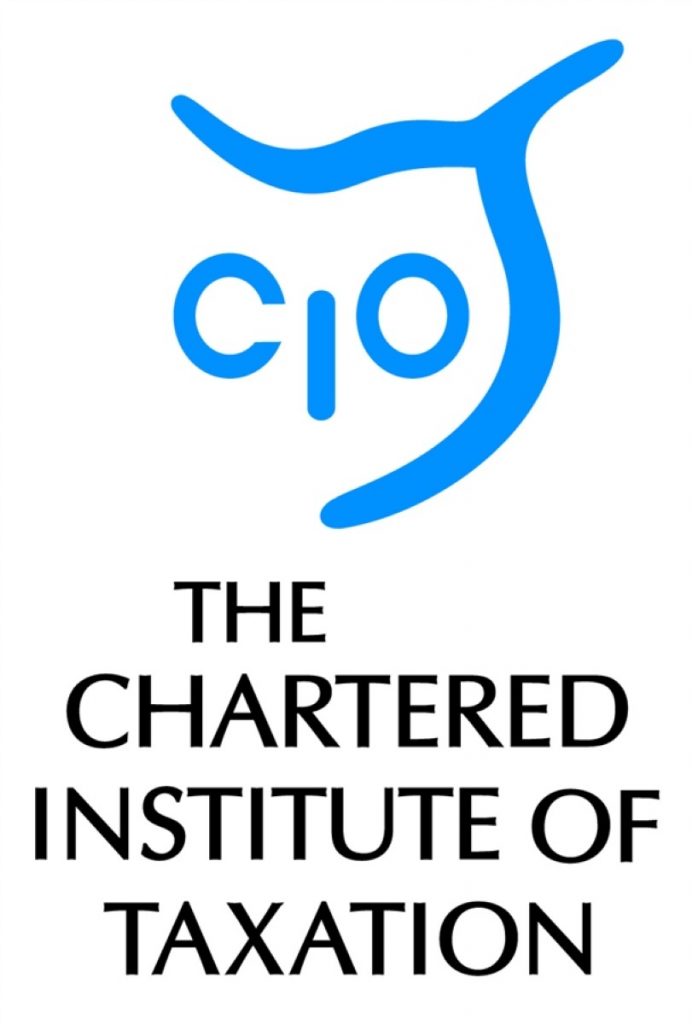Green taxes road map essential before launch of single climate charge, says tax organisation
The Chartered Institute of Taxation (CIOT) has backed the idea of a single climate tax on businesses as long as it comes after an environmental tax framework similar to the business tax road map.
The CIOT said such a road map would help to counter confusion and suspicion among consumers and businesses about the objectives and direction of the Government’s environmental tax policy.
John Cullinane, CIOT’s Tax Policy Director, said:
“It is time that the Government clarified the aims and the direction of its environmental tax policy because of the array of changes that have been made in recent years. We seem to be moving from green taxes that try to reduce energy use to them becoming just another revenue raising mechanism.
'We understand that there are different objectives to be balanced here but the Government needs to be transparent with business and the public about where the balance is to be struck.
“An environmental tax roadmap along the lines of the business taxes plan adopted in the last Parliament is urgently needed to rebuild confidence among businesses and the general public in the ultimate objective of these green taxes which is to protect the environment.
“Consistent and long-term policy goals would boost support among businesses for a single climate tax as proposed in the Treasury’s recent Business Energy Efficiency Tax Landscape consultation.
“Businesses would benefit from a single coherent climate tax providing it would be simpler to administer, understand and pay than the present range of disconnected taxes and financial obligations. However, for it to remain an environmental tax there must be clear environmental objectives.”
The CIOT believes it will also be important that UK environmental tax policy as it develops takes into account the European Commission’s Energy Union Strategy, which has a key 2016 work priority being to focus on meeting the 2030 energy and climate package targets. The road map must also take account of the forthcoming Paris UN Climate Change Conference.
The CIOT told a recent Treasury consultation that it shares the Government’s aim to reduce compliance time and costs and to work with existing and statutory reporting requirements to ensure minimising of tax duplication. Views on the idea of a single climate tax was part of the consultation.
John Cullinane said: “Our tax system is already too complex and the Government cannot expect to successfully create investor and consumer confidence in the green market without greater long-term certainty in how that branch of the economy is taxed.”
1. The CIOT’s response to the Treasury’s Reforming energy efficiency tax landscape consolation document can be viewed here.
2. The Chartered Institute of Taxation (CIOT)
The CIOT is the leading professional body in the United Kingdom concerned solely with taxation. The CIOT is an educational charity, promoting education and study of the administration and practice of taxation. One of our key aims is to work for a better, more efficient, tax system for all affected by it – taxpayers, their advisers and the authorities. The CIOT’s work covers all aspects of taxation, including direct and indirect taxes and duties. Through our Low Incomes Tax Reform Group (LITRG), the CIOT has a particular focus on improving the tax system, including tax credits and benefits, for the unrepresented taxpayer.
The CIOT draws on our members’ experience in private practice, commerce and industry, government and academia to improve tax administration and propose and explain how tax policy objectives can most effectively be achieved. We also link to, and draw on, similar leading professional tax bodies in other countries. The CIOT’s comments and recommendations on tax issues are made in line with our charitable objectives: we are politically neutral in our work.
The CIOT’s 17,500 members have the practising title of ‘Chartered Tax Adviser’ and the designatory letters ‘CTA’, to represent the leading tax qualification





-01.png)